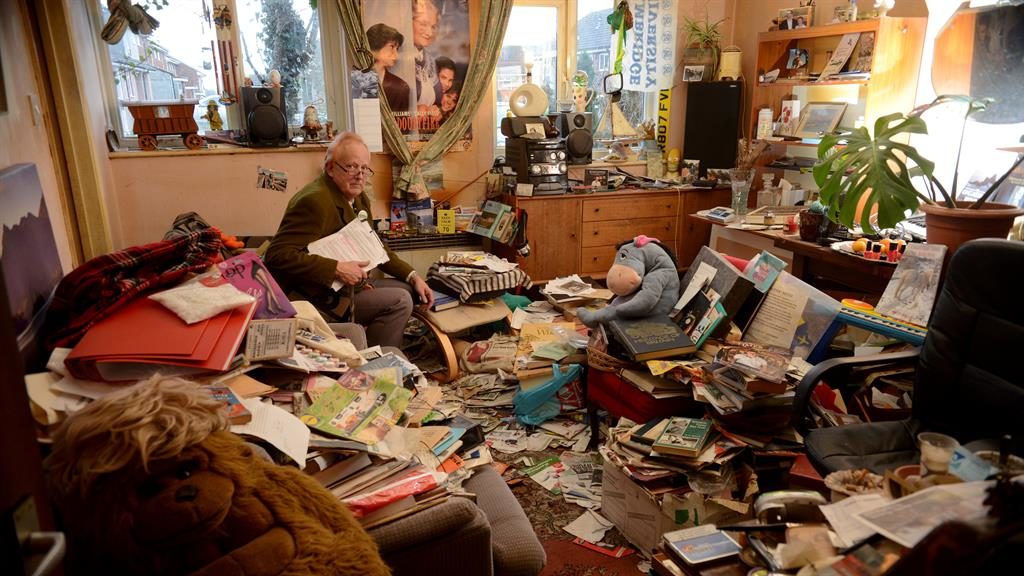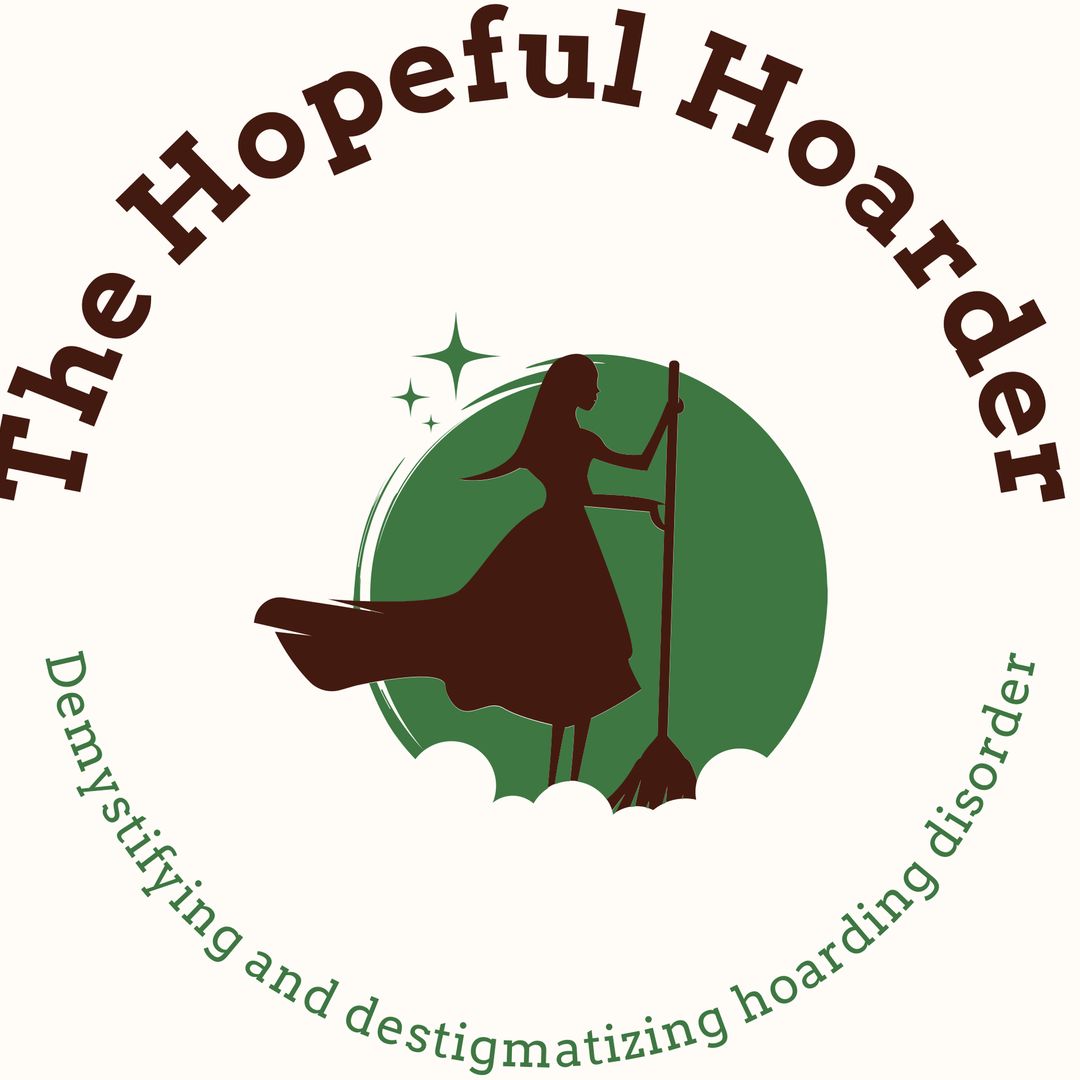Proud Official Sponsor
Peer Support
The Power of Peer Support
Peer support can be a lifeline for individuals living with hoarding disorder. By connecting with others who truly understand the challenges, people find encouragement, practical strategies, and a sense of belonging.
Emotional Validation and Reduced Shame
Hoarding disorder is often accompanied by feelings of embarrassment, guilt and isolation, peer support provides a non-judgmental space where individuals can share their experiences with others who understand and have faced similar struggles. This validation can significantly reduce self-stigma, helping individuals realise that the behaviour is a lot more common than they may think and nothing to be ashamed of.
Sense of Community and Belonging
Many people with hoarding disorder can isolate themselves from others due to the fear or being judged or misunderstood, peer support fosters a sense of community, reducing loneliness and helping individuals realise they are not alone in their experiences.
Mutual Encouragement and Accountability
Peer support provides encouragement through shared progress, hearing stories from others can inspire hope and reinforce the belief that change is possible, peers can help each other stay accountable for personal goals and decluttering plans.
Shared Strategies and Practical Advice
Peer-shared tools can complement professional interventions by exchanging tips and coping strategies that have worked for them, such as methods for organising, managing emotional attachment to items, or dealing with anxiety about discarding.
Cost-Effective and Accessible Support
Connecting with peers is often free through support groups or online forums, making making it an accessible resource for ongoing support.
Connecting With Peers
- Support Groups: Joining at online or in person support group is a great way to connect with others facing similar challenges, find out more here.
- Online Forums: Dedicated mental health forums are a great way to network with peers and get advice, check out hoarding.support.
- Social Media: Platforms such as Facebook have closed groups that are moderated, providing a safe space to connect with peers, check out stay in sort out.

The Hopeful Hoarder
The Hopeful Hoarder TikTok page is set up by a wonderful lady called Emma, she has been on her own journey with hoarding disorder and now provides a safe space for others to access peer support.
The Hopeful Hoarder aims to:
- Helping people who are struggling with hoarding to feel less alone and to know that they are not the only one, pointing them in the direction of non judgemental help and support and to help them understand that hoarding is not their fault and that there can be a life beyond the hoard.
- To spark conversation around hoarding disorder to encourage others to start talking about it as openly as other mental health conditions.
- To de-stigmatise hoarding, bringing attention to the fact it is not just being “lazy” and “dirty” and that there is so much more beyond just having a lot of stuff.

@thehopefulhoarder Replying to @hookedbybecca #mentalhealth #hoardingawareness #ocd #hoardingdisorder #hoarder #hoarders #hoarding #hoardingproblems #anxiety #depression #depressionanxiety #MentalHealth #mentalhealthmatters #mentalhealthawareness #mentalhealthrecovery ♬ original sound - Emma - The Hopeful Hoarder
@thehopefulhoarder and there is judgement free help available. #mentalhealth #hoardingawareness #ocd #hoardingdisorder #hoarder #hoarders #hoarding #hoardingproblems #anxiety #depression #depressionanxiety #MentalHealth #mentalhealthmatters #mentalhealthawareness #mentalhealthrecovery ♬ you are important - matt
@thehopefulhoarder Replying to @sizzlingdandythe fire brigade are actually very nice #mentalhealth #hoardingawareness #ocd #hoardingdisorder #hoarder #hoarders #hoarding #hoardingproblems #anxiety #depression #depressionanxiety #MentalHealth #mentalhealthmatters #mentalhealthawareness #mentalhealthrecovery ♬ original sound - Emma - The Hopeful Hoarder

